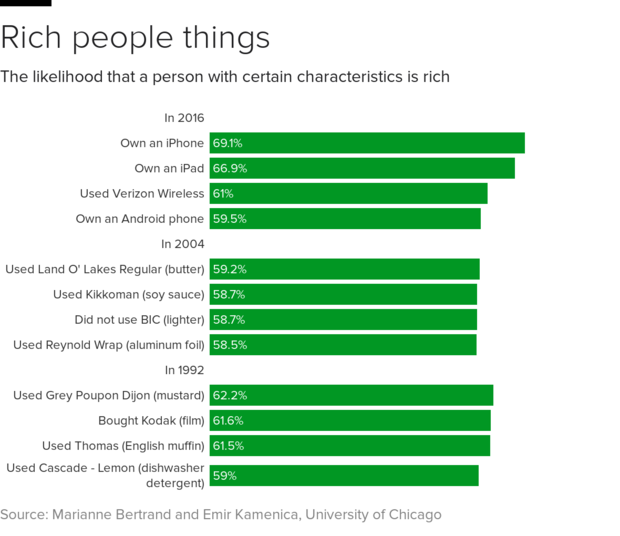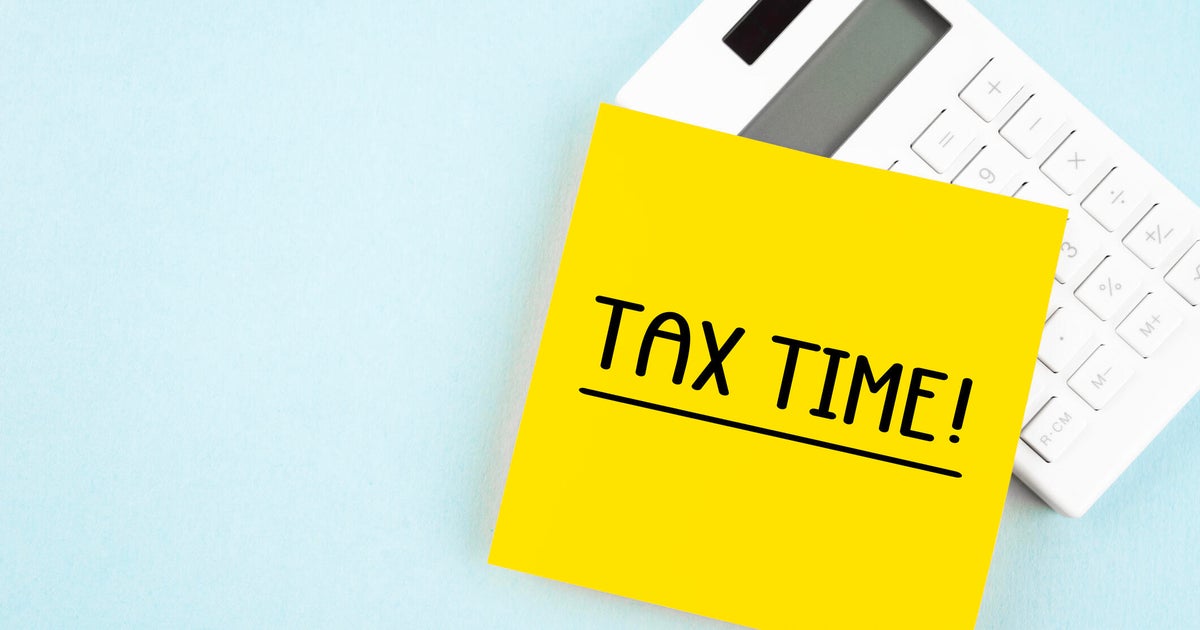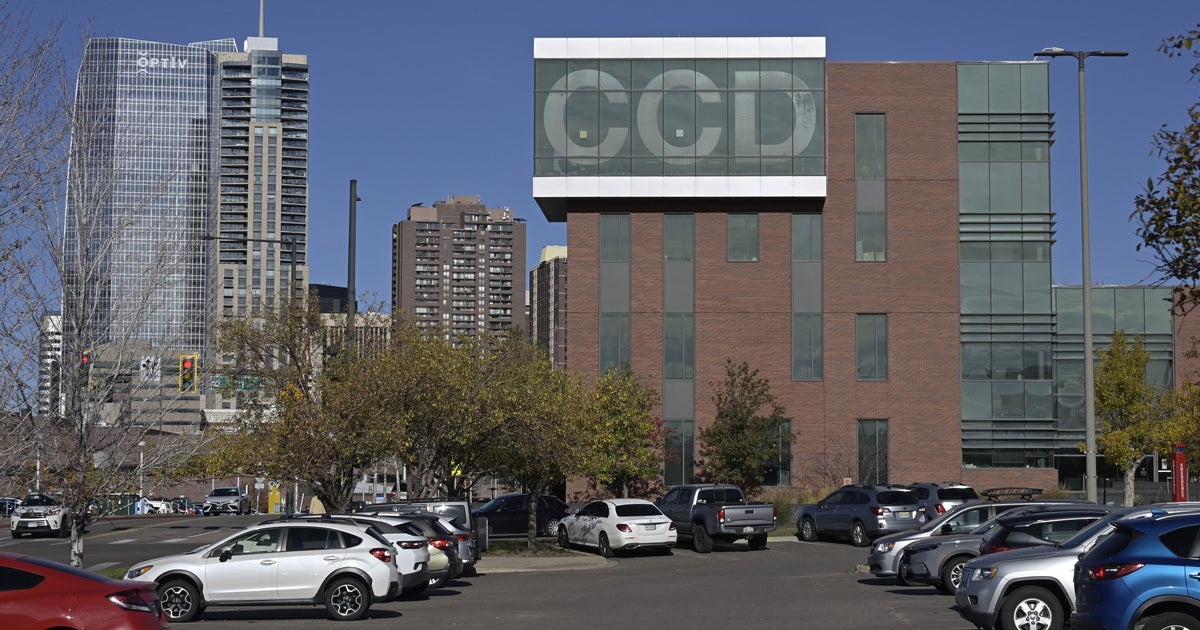Pretending to be rich? All it takes is an iPhone
If you've ever felt the need to fake a higher income than you have, science has come up with a reliable method: Get an iPhone.
That might not do it for the bank loan officer, but when it comes to fellow consumers, an iPhone (or an iPad) is the most reliable way to appear wealthy, according to a working paper by two University of Chicago economists.
"Across all years in our data, no individual brand is as predictive of being high-income as owning an Apple iPhone in 2016," found the paper, recently issued by the National Bureau of Economic Research. "Knowing whether someone owns an [iPhone] in 2016 allows us to guess correctly whether the person is in the top or bottom income quartile 69 percent of the time," the authors write.
In other words, if you guessed that someone was wealthy because they owned an iPhone, or that they were poor because they did not, you would be right 69 percent of the time. After the iPhone, iPads allows you to guess someone's wealth 66.9 percent of the time, followed by being a Verizon Wireless user (61 percent) and owning an Android phone (59.5 percent).
The iThing is a relative newcomer to the conspicuous consumption arena, making its dominance all the more striking. In previous years, top products for predicting wealth were Land O' Lakes butter in 2004 or Grey Poupon mustard in 1992. But none was as predictive as the iPhone is today.
The paper also considered the TV shows, movies and magazines people of different incomes consumed. While the first two categories shifted over the years, as might be expected, reading material stayed surprisingly constant. From 1992 to 2011, the top three magazines associated with wealth were, in various orders, Newsweek, Time and Consumer Reports.




